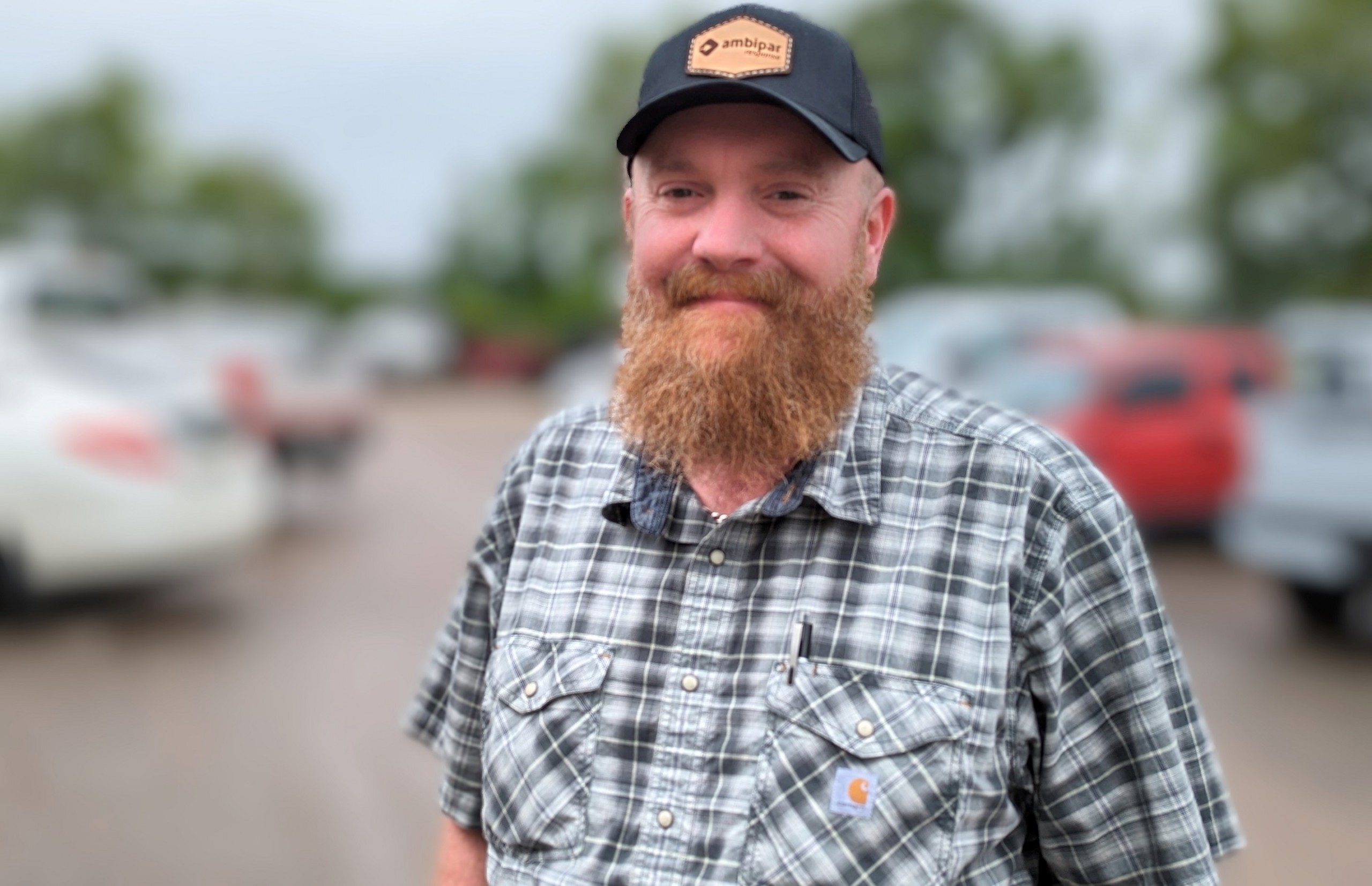It’s been nearly 17 years since Jason Holmes joined One Stop Environmental (now Ambipar Response Alabama), and if there’s one thing he’s learned to expect, it’s the unexpected. Like the day his crew was on a routine service call, and his DEA client contact phoned him with an emergency.
Seems a county sheriff near Ashville had made a routine traffic stop and noticed, in the car’s back seat, a 20-oz plastic Coke bottle significantly inflated beyond its normal size and shape. Which, to a trained lawman, means there’s probably crystal meth cooking inside — and the bottle is a threat to explode at any moment.
“With the work we had to finish-up, we were about an hour away from them,” Jason recalls, “so my immediate recommendation was that they get a safe distance from the bottle and shoot it. That wasn’t an option, since the sheriff needed the bottle and its contents as evidence.”
An hour later, Jason was on the scene in his hazmat suit, and the bottle was alarmingly bloated. “The concussion from the bottle exploding wasn’t a physical threat to me, but I did have to instruct the fire department not, under any circumstance, to douse my suit with water if it blew — since that would have set-off a chemical reaction and melted my suit.”
Spoiler alert: The bottle did not explode. “The way you stop that from happening is to loosen the cap just enough to release air pressure without allowing the other contents to escape” — a process known as burping. “The bottle was so over-inflated, it took me an hour and a half to burp it down to a safe level.
“By the way,” he says with a smile, “don’t tell my wife that story!” He’s kidding. For three years, Jason and his wife Lori managed the company’s lab-cleaning work in North Alabama. “We got the DEA contract shortly after I joined the company. During that time, we cleaned about 600 meth labs a year — rotating weekends on-call with another crew.” And yes, in case you’re wondering, Jason was indeed a big fan of the TV series “Breaking Bad.”
These days, Jason’s primary focus is materials management — hazardous and non-hazardous — although he still manages the occasional lab cleanup. He splits his time roughly 50/50 in the field and in the office, although he’ll admit he prefers the field. “The office generally means paperwork. Working in the field, it’s something new every day,” which, he’ll tell you, is his favorite thing about the job.
“No two jobs are ever the same — not even routine maintenance work. No two labs are the same either,” he notes, mentioning some of the extremes he’s encountered: “We once cleaned-up a lab in a tree-stand in the middle of nowhere, and we once cleaned-out a lab in Greystone.” Wait, the Greystone — where median home prices range from $600,000 to $750,000? “Yep, it was someone’s kid operating a lab in their garage apartment.”
As for Jason’s current clientele, “It’s mostly automotive manufacturers — primarily Tier 2 suppliers. We work with a lot of good companies, and a lot of good people, in the automotive industry.”
One thing that’s particularly interesting to Jason is how much he enjoys the chemistry involved in his work. “I took two chemistry courses at Auburn, and I really couldn’t make sense of it in the classroom — but it all came together when I started dealing with it in the real world. Whenever we’re working with hazardous materials,” he continues, “we have to develop a comprehensive Waste Profile in advance — so we know exactly what we’re dealing with. We have to know, for instance, if it’s flammable, corrosive or whatever. That’s the part of office work I enjoy most.
“Even with all the advance preparation we do on every job,” he continues, “there’s always the chance of finding something unexpected when we get there. For instance, we may discover chemicals on-site that are outdated — or even unlabeled. Surprises like that,” he smiles, “help keep us on our toes.”
All of which is why Jason is grateful for his years of experience, the ongoing training he gets, and the professionals working alongside him. “Working with Ambipar Response, we have more resources at our disposal than we’ve ever had, but we still have a Small Company vibe — and I really appreciate that.”
Away from work, Jason and Lori enjoy working in their vegetable garden — which they do almost daily from April to September. “The strawberries haven’t been so good this year, but we’re feeling good about everything else,” which includes watermelons, sweet corn, okra, tomatoes and peppers. “We’re even doing some cantaloupes this year.”
Given the garden’s size, a significant percentage of its output goes to friends, family and co-workers. And if there’s one thing Jason’s learned to expect after 17 years with the company, it’s his enormous popularity around the office during harvest months.




